I have a neurodegenerative disease for which there are no approved and proven medical treatments. [Click here for more information.]
In my blog on Hubaisms.com I discuss and demonstrate cognitive and behavioral techniques (NOT treatments but ways to deal with day-to-day life) when your cognitive functions are decreasing dramatically.
I am running an N=1 study on myself. I try methods, I report the results. I enjoy extending my prior career and I benefit from it.

Definitive science? ABSOLUTELY NOT. But suggestive of methods which might be explored further. I do not have the time or research resources to run necessary studies on hundreds of people. But I do have a 35 year career as a well-respected psychological methodologist behind me and I use this experience to try to ensure that I do not over-interpret my “findings.”
Recommended for you or an elderly family member? Ask your doctor. Every person and set of circumstances is different.
Treatment? ABSOLUTELY NOT. Just inexpensive and easy-to-learn cognitive-behavioral methods of coping with the effects of decreasing brain power. There is no evidence at this time that changes in the brain occur.
Worth It? Seems to be for ME.The cost in $s is only a few hundred per year for a mind mapping program, a tablet or Mac or PC to run it on, and possibly a few inexpensive books. I am not selling you anything. If you would prefer, you should be able to replicate any of the mind mapping examples I demonstrate here with a few colored pencils or pens and a pad of paper, all of which you probably own already. I prepare mind maps that help me remember doctor appointments and names and vacations and the rest of my life. The maps help me plan, learn, communicate with others, tell my story, “sort out” medical information, and relax because I am doing something useful. I use both computer programs and hand-drawn methods for generating mind maps. MY quality of life is better (and I say that unequivocally).
Please join the discussion and help evaluate the findings.
Over on the left is a button for accessing ALL blog posts in reverse chronological order. I would start there. It will give you a sense of the range of topics I cover.
If you are interested in my take on the theory of mind mapping (or in my expanded view, mind modeling), click the button for HITMM.
Click the following mind maps to expand them. [Individual posts in the blog explain these maps in detail.]
Live long and prosper.
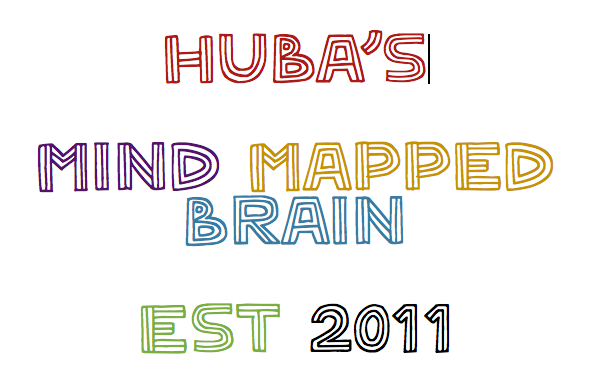

Oh, let’s not forget my collaborator and part-time therapist Sabra …
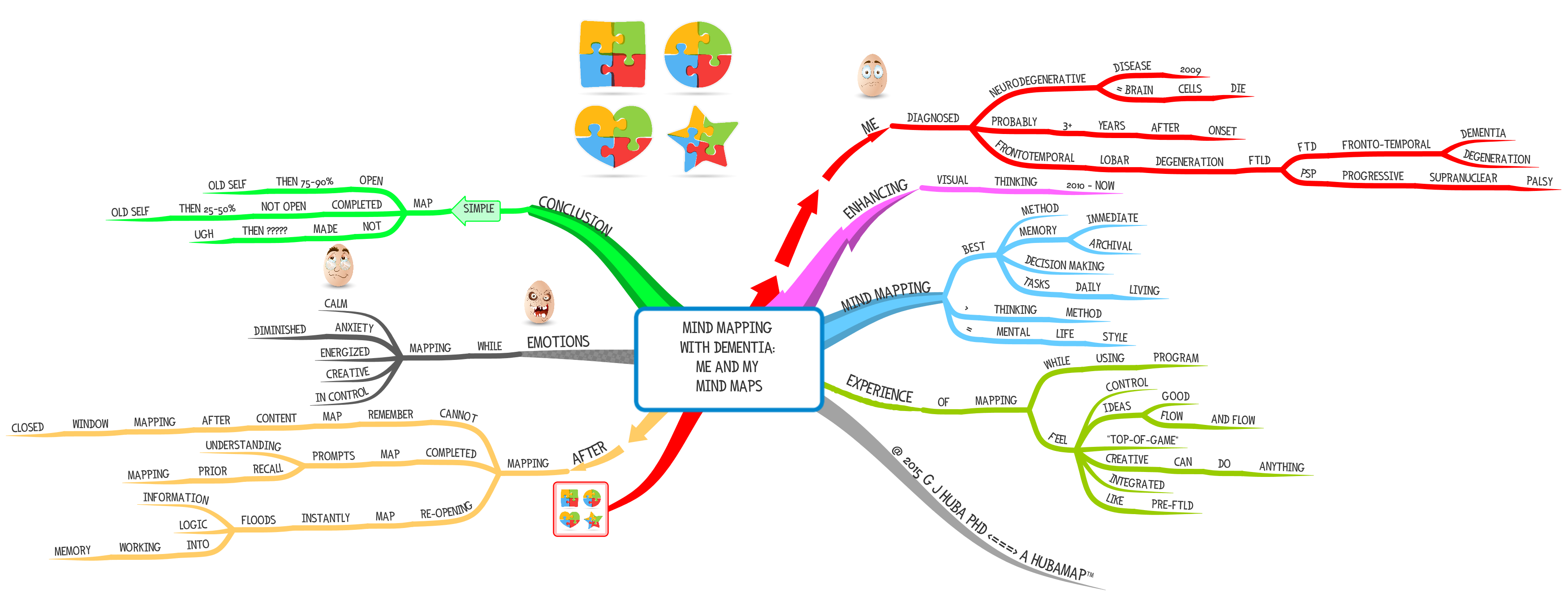

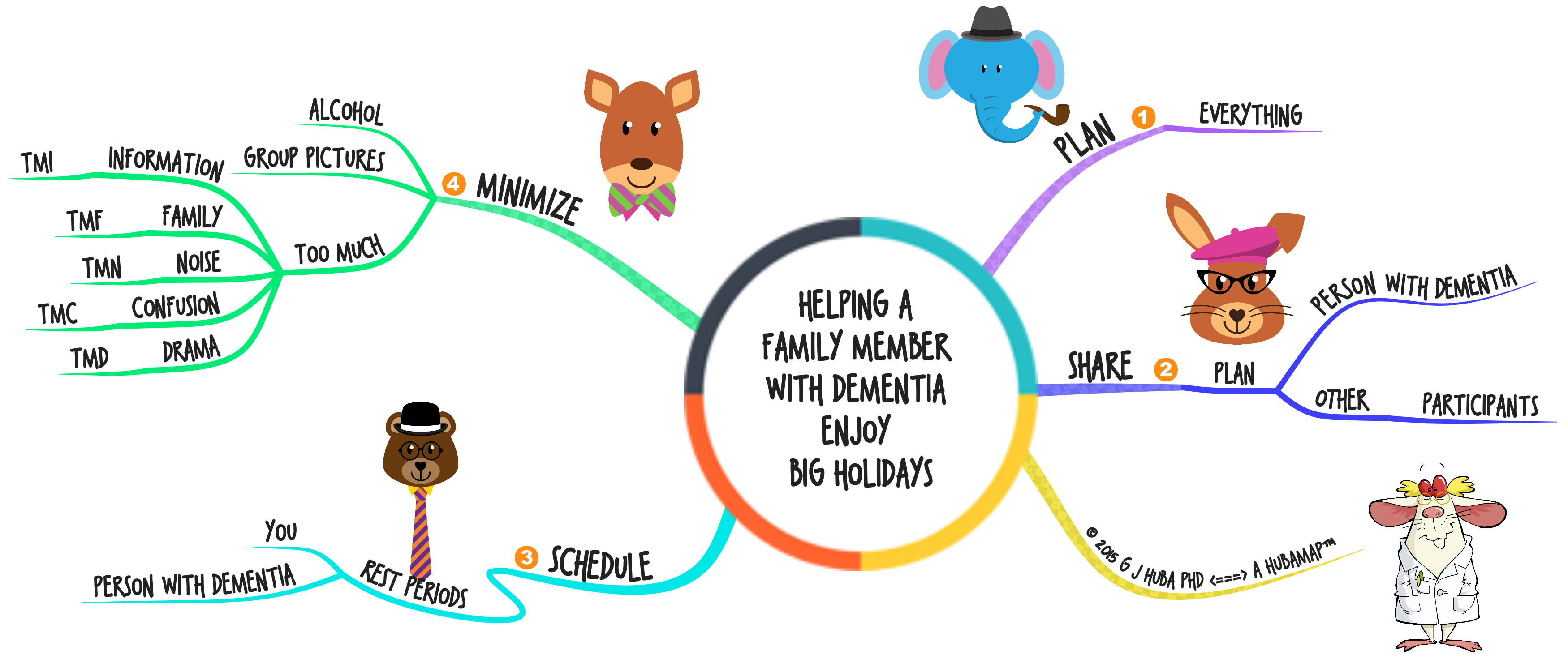
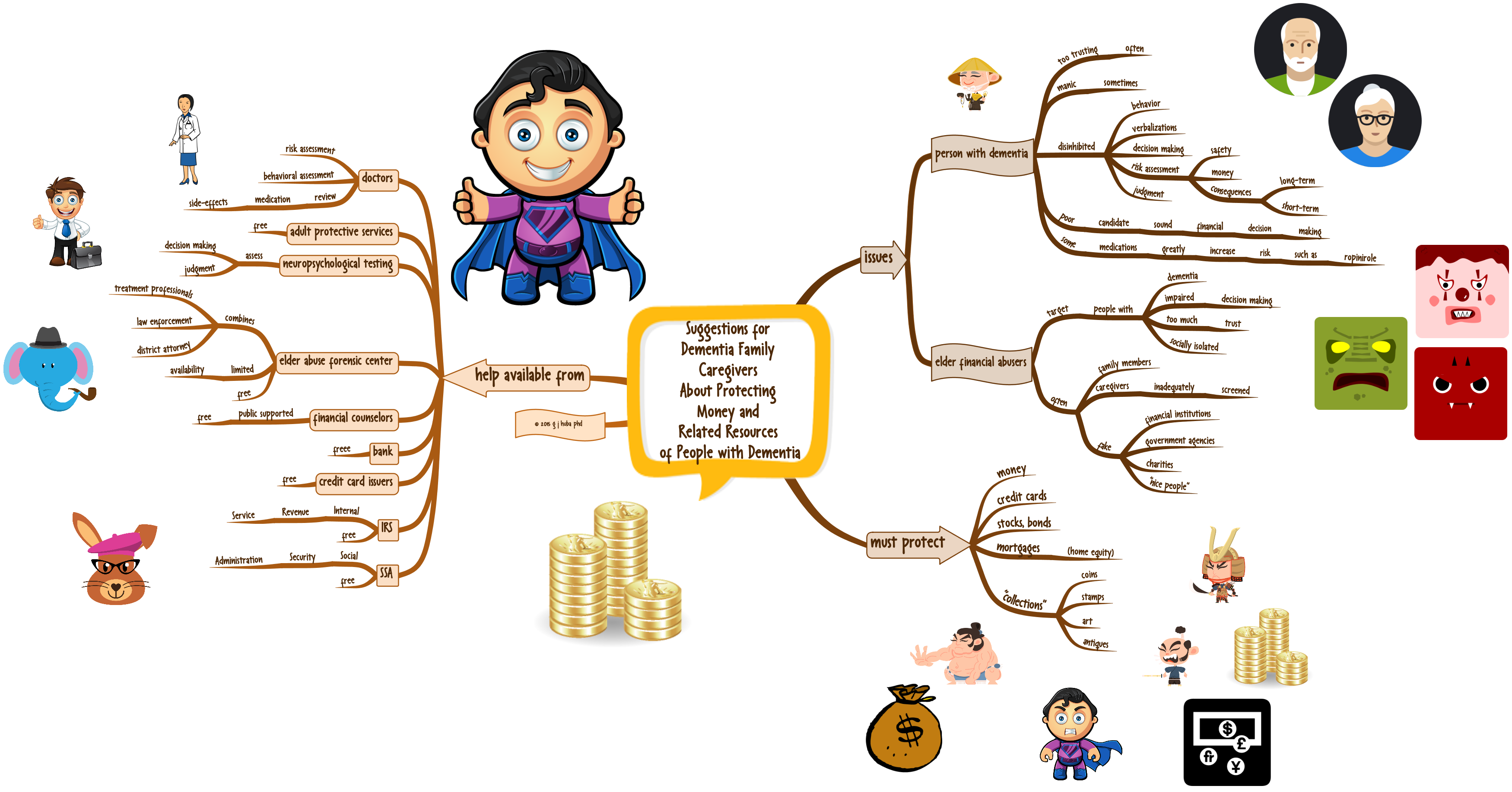


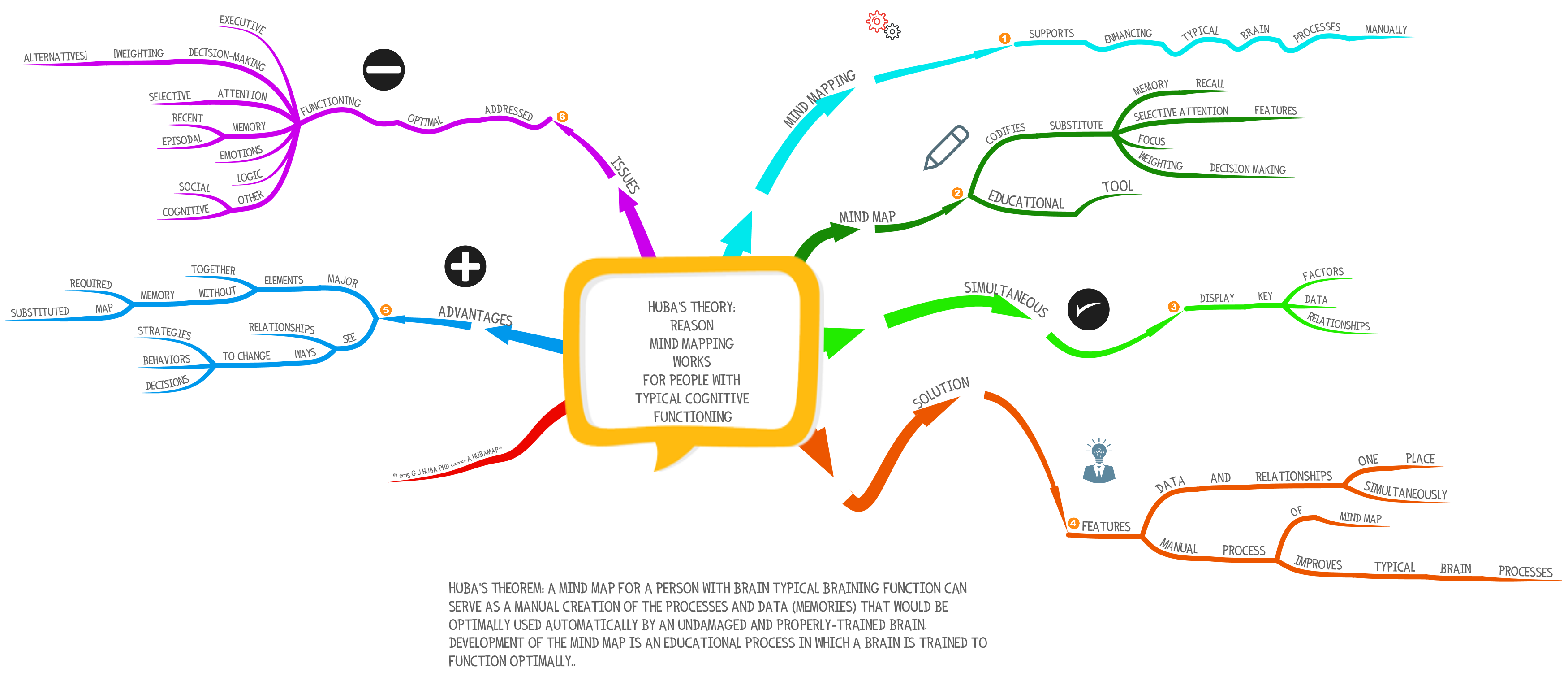


Great site and excellent uses of mind maps. Looks like a variety of applications, maybe MindManager, iMindmap and others… care to tell us?
WOW!!
Thank you.
Great Site! Thanks for all your work.
Thank you and you’re welcome!